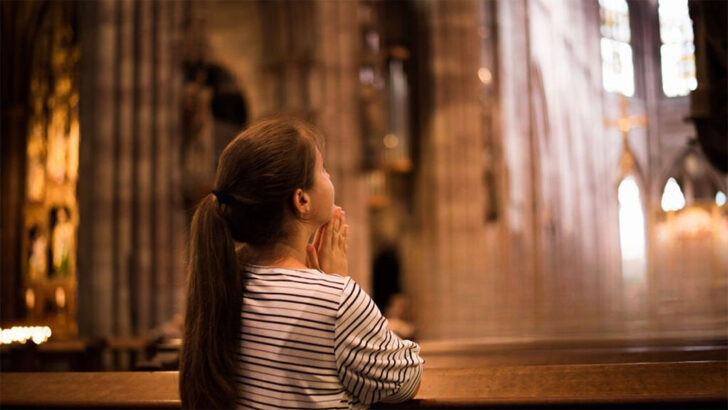There is a new dimension at play as the Church in Ireland seeks to come to terms with the latest round of outrage in regard to past abuses. In the intervening years, partly in response to the need for specialist expertise but also due to the decline of numbers of priests and religious, many Catholic organisations have highly trained lay people in leadership positions. They are to be found in safeguarding offices up and down the country, for instance, and in charge of the various trusts and management bodies in charge of Catholic education. This is a game changer. They should not and cannot be ignored.
It means, that these lay experts must now be given a seat at the table when it comes to resolving and addressing the present round of the crisis. This is for several reasons:
They have the expertise and competence;
They have invested themselves in their roles as a service to the Church and are in the front line in dealing with civil society on these matters;
Without such an approach synodality is dead in the water.
The patrimony of the Church is no longer something for bishops or religious to decide the fate of on their own. It belongs to the whole Church as the People of God. Lay people because of their various professional experiences are more competent to contribute to decisions on these matters than many bishops or religious.
The word on the ground is that the formal structures for co-operation between religious orders and the Irish Bishops’ Conference are not working well if at all, and this breakdown in relationship, which was contained in the Synodal report to Rome by religious, needs to be overcome as a matter of urgency.
There is a need to bring together a carefully selected group of people, some of the more able bishops and religious but also lay experts from different fields, to consider all the aspects of the scoping report and issues that have been raised in the various speeches made by the Taoiseach and ministers subsequently, and to begin to shape a response. This group should not be made up of the clericalised laity, the usual suspects who kow-tow but rather those who will have the courage to speak differently… speak courageously as Pope Francis says. International advice and perspectives should also be sought.
A need to be proactive not reactive, to anticipate issues and shape the discourse and not always be on the back foot is needed. Neither the bishops conference as an institution or the religious orders seem able to do this. The past has been described as an open wound by voices representing the Irish Church at the Synod and some of the Episcopal leadership. Yet no remedy is offered to deal with the past in such a way that it is not able to constantly pull down the present and hobble the future.
In parishes, Catholics are not preoccupied with this issue, they are trying to promote the gospel in their parishes and families as best they can. Catholic life continues, renewal is taking shape, new shoots are springing up. The ‘wound’ of the past needs to be comprehensively examined and dealt with, and no amount of lawyers and pr gurus will do that. Many of the bishops in office now had nothing to do with those times but their ministry is not immune to the collective reputational damage due to the lurking smoke trails of the past and its regular eruptions into the present. And there’s more to come.
The courage to deal with it head on will require bishops and religious working together. If the Church is a field-hospital, then the old proverb rings through for the Irish Church, physician heal thyself.



